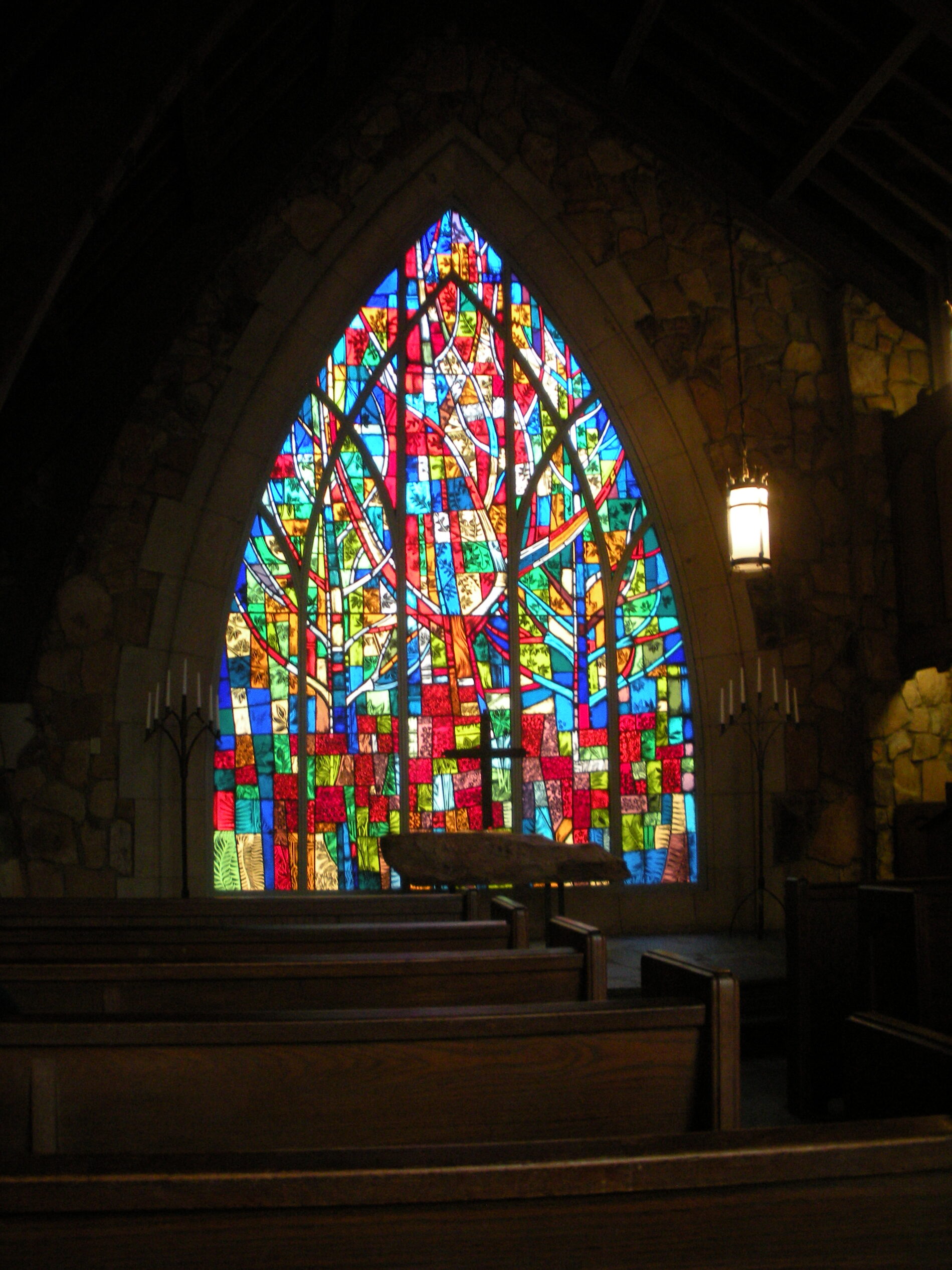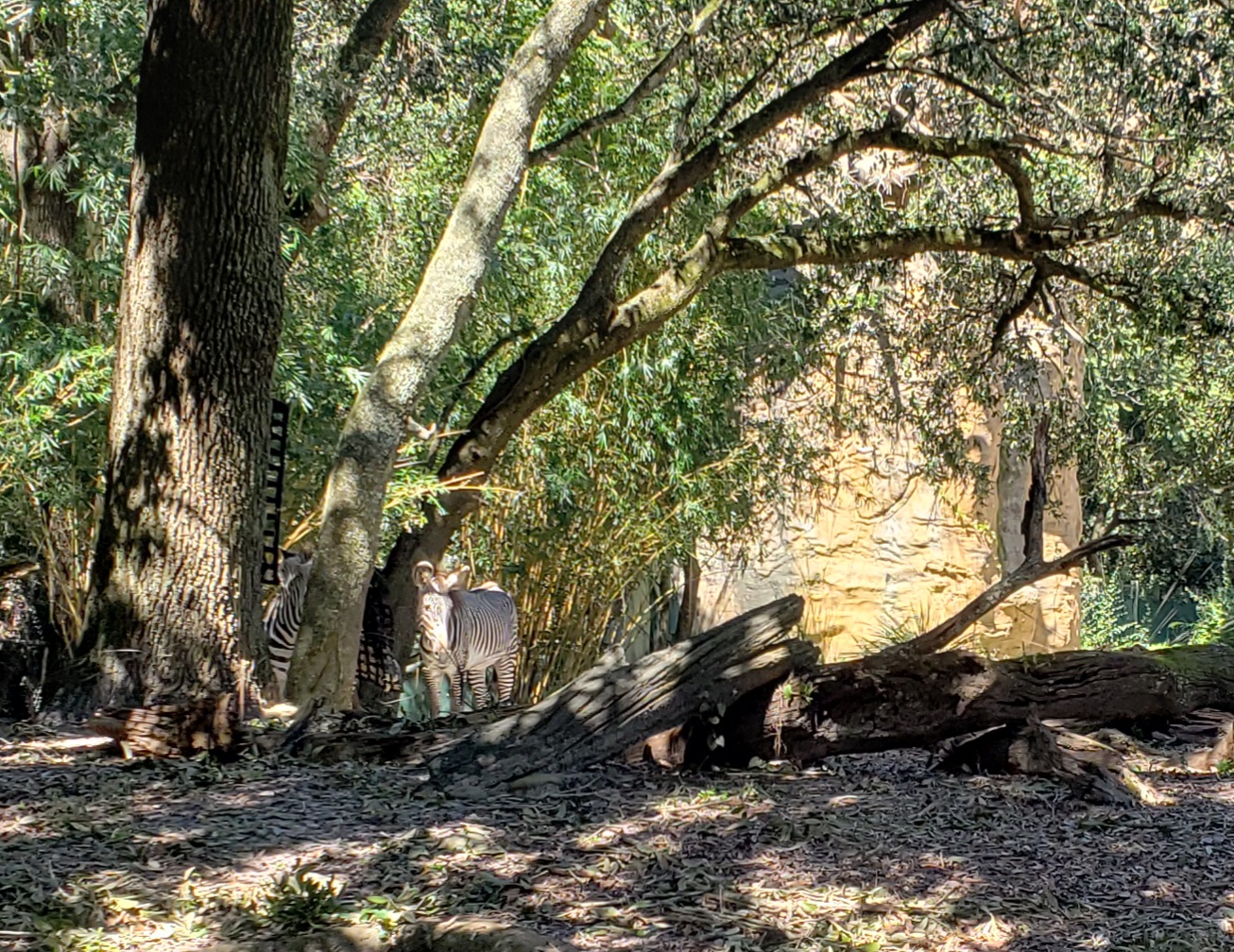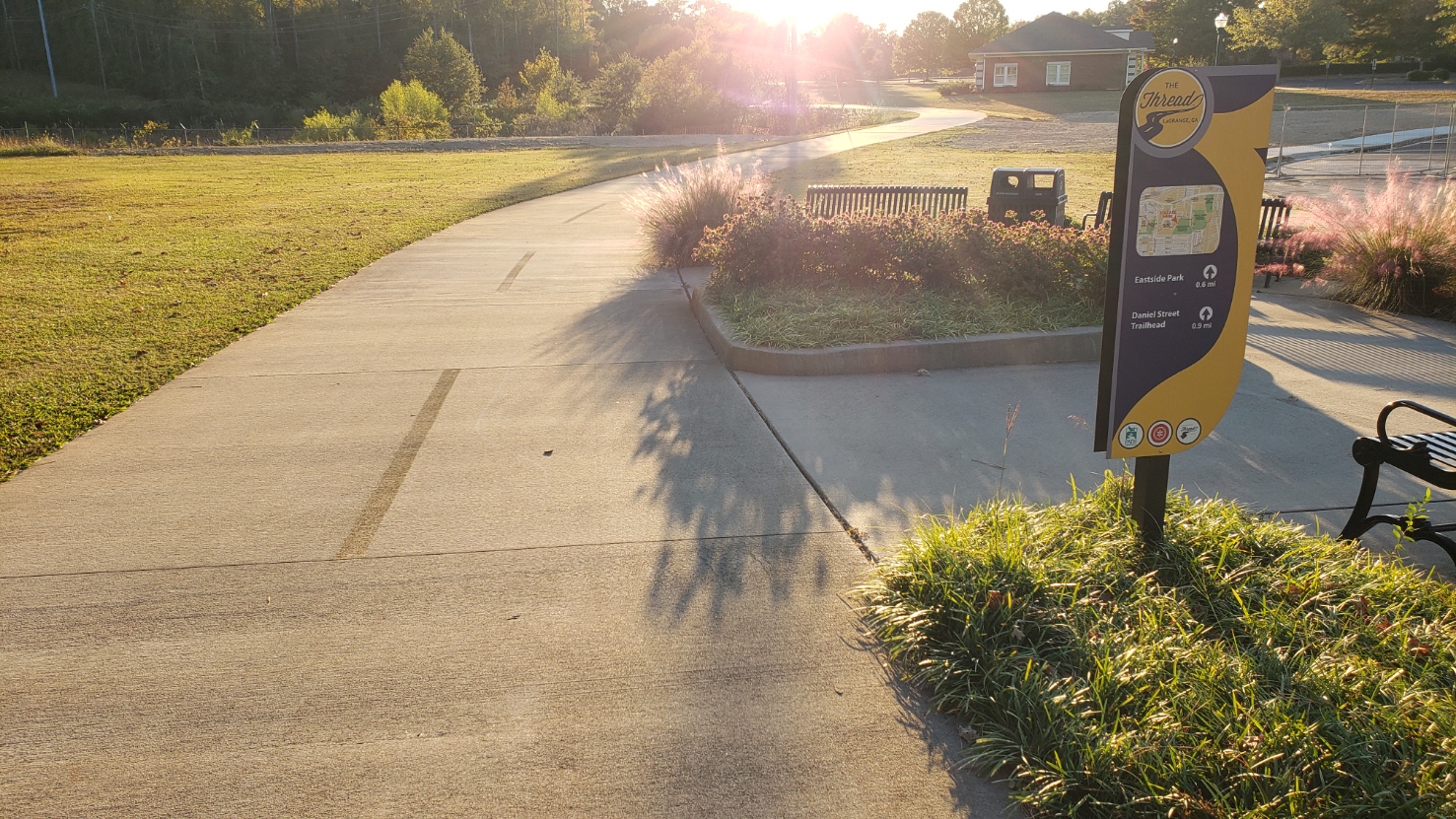I researched and pondered these five verses throughout the day and many times in the past. I had already written comments for Matthew and Mark on Jesus’ teachings on these five verses in the Olivet Discourse several years ago. The first conclusion I have is that I need more study, prayer, and inspiration from the Holy Spirit. The second conclusion of these five simple verses is that they generate several conjectures among scholars.
Luke states that Jesus started this section with a parable and a short one at that (29a). The point of the “Parable of the Sprouting Fig Tree”, all admit, is that Jesus is stating his just-stated prophecies are the signs that Jerusalem and the nation of Israel are about to end (70 A.D.) and the kingdom of God will be on earth as it is in heaven. Jesus gave them what they had asked for (7). Again, Jesus says the prophesied events will be how we “know that the kingdom of God is near” (31).
The differing interpretations come with Jesus saying “this generation” in verse 32. The Greek word here can also be translated “this race,” meaning the Jews he and the disciples were looking at while on the Mount of Olives that evening. Some say that Jesus is saying that though the temple will be destroyed and the nation end, the Jews will not “pass away”. Jesus had said in verse 24 that many Jews will fall by the sword, and those who remain alive will be taken as prisoners to all the nations while the Gentiles trample on Jerusalem.
An interesting thought is that both opinions appear to be right. Some of the apostles did experience almost everything Jesus had just said. And looking at Daniel, Revelation, and other passages in the Bible, these prophecies will be fulfilled at the end of this age. So, these verses are relevant to me now. Therefore, I need more study, prayer, and inspiration from the Holy Spirit so I am not surprised when they are being fulfilled again.



































































